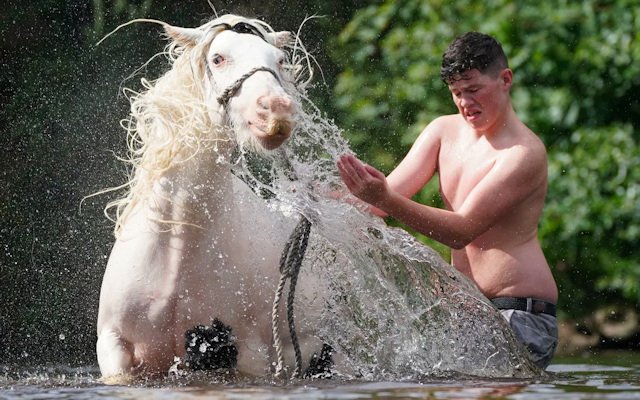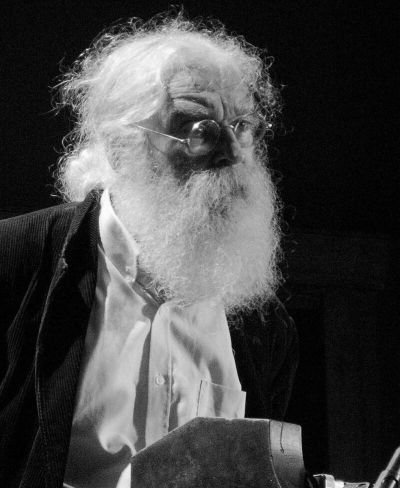BS3
Abominable Showman
- Joined
- Sep 20, 2021
- Messages
- 1,834
"Comparative ghost study" is indeed a good idea.
Regarding France, I am French and I can tell you there are plenty of ghost stories, but it is true that the phenomenon is not as popular as in the British Isles. As BS3 pointed out in a previous post, there may be historical explanations for that.
I suspect that in France, the philosophy of the "enlightened" thinkers of the 17th and 18th century (Descartes, Voltaire, Rousseau and Diderot) and the French revolution contributed to the French lack of passion for ghostly tales. Descartes for instance was a rationalist. Voltaire probably thought himself as enlightened too, and used to mock whatever he found superstitious. During the times of the last French kings, those who wanted to be popular at the court had to display their intelligence and despise for traditional thinking. Of course, there were also people who searched for fantasy in occultism, kabbala, and so on, but overall, the general mood seem to have been bent towards rationalism.
It got worse after the revolution, because the Republican State went into open conflict with the Catholic Church. As with many other and later revolutions, it spurred a great drive to clean out what were considered as remnants of a corrupted past. Traditional religion was replaced by a "civic religion" worshipping a nameless "Supreme Being". Every month of the year got renamed according to the cycle of nature (for instance, the month when grain germinated was called "Germinal"). And of course, lots of aristocrats and rich people had to flee the country for political reasons. Their properties (and along, the history of these properties) were sold and their furnitures scattered. So it was really a kind of great "reset". By essence, ghosts are "traditional" : they fit into a local history, as their tales are told from father to son, neighbour to neighbour. So I suspect that, in spite of all its violence, the French Revolution did send many ghostly tales into oblivion. And in any case, with the revolutionary and napoleonic wars raging, the French did not have time to waste with ghosts. It was simply not compatible with the mood of the 19th century.
The impacts of the revolution decreased as time passed, but a kind of proud rationalism kept striving in France. At the end of the 19th century / beginning of the 20th, the 3rd Republic was intent on forming generations of loyal republican citizens. Through Jules Ferry's reforms, a generation of young republicans was formed. The idea was not so much to prevent them believing in ghosts but to defeat militant catholicism, which was suspected of favouring the monarchy. There was also a very strong drive towards abolishing regional differences. Whether you came from Brittany or Southern France, you had to abandon your native language and speak only in French. Those who didn't comply would be beaten. Besides, something like one sixth of the population was uprooted and came to live in just one central city : Paris. This did not favour the perpetuation of local traditions about ghosts. All the more so when a whole generation of those people who had stayed in rural areas got slaughtered by the million in WW1.
All in all : scientific positivism, an uprooted society, a scattered heritage and so on, did not favour the popularity of ghost stories ... Of course, locally, or within the familial circle, you would still tell ghost stories, but it would generally not be a fashionable topic for socializing.
As a French, I do admire how, in spite of its own bloody revolutions, Great Britain has managed to lovingly protect her cultural heritage. When you visit a castle in England or Scotland, you immediately see the difference with France : in a way, British castles or old stately homes, are still full of life. They preserve an amazing quantity of their original furniture, which tells a lot about the history of their successive owners. I think this creates a far more favourable climate for hauntings. France may have the huge and hollow palace of Versailles, but it doesn't possess such a background, and it probably makes a great difference.
I don't know about lovingly protecting it; I love history and 'heritage', but look at the economic relationships behind most of it and our affection feels a bit more like Stockholm Syndrome sometimes.
Britain is in the unusual situation of having had a very early 'revolution' that left the main elements of the patrician or landowning class essentially intact...and indeed still having an impact on its political landscape down to the current time. Right through the Age of Revolutions, the wars of the 20th century, and so on. And then of course you've got our idiosyncratic church, which was bound irrevocably to the same power structure since the time of Henry VIII.
I think it's not coincidental that so many of our ghost stories centre on Big Houses and landowning families.





